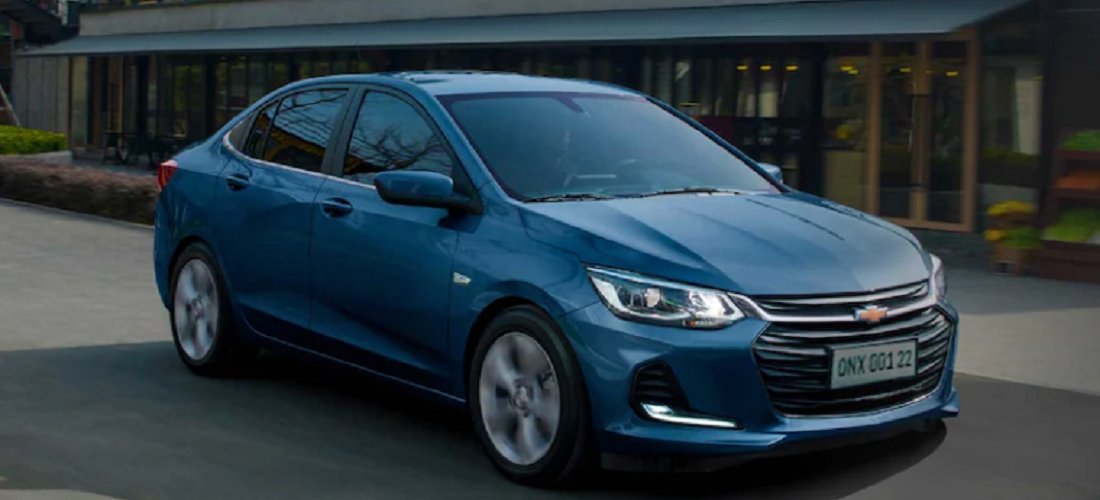
General Motors exports 1,300 cars via Paranaguá port
Jul, 22, 2022 Posted by Gabriel MalheirosWeek 202229
In the last week, a different kind of operation was observed in the port of Paranaguá, Paraná. Around 30 storks arrived at the location carrying cars from General Motors (GM), an automaker that typically uses another port in the south, Rio Grande (RS), to ship the Onix design, produced 340 kilometers away in Gravataí.
In total, GM exported 1,300 cars through Paranaguá, with loading operations starting on Wednesday, the 20th, according to information from the port itself. GM did not wish to comment.
In expansion, Paranaugá has more than BRL 2 billion investments planned for the next ten years, and one of the objectives is precisely to make the port more than a platform for exporting and importing agricultural products.
A new vehicle terminal should be ready for operation in seven months, allowing the port – now used in exports made by the Volkswagen and Renault factories in Paraná – to receive another 4,000 vehicles. This means that the port will receive 120 thousand more cars per year.
In addition to inaugurating new facilities that will increase the capacity to handle motor vehicles, the port also plans to reduce the time boarding operations take from twelve to six hours, says Luiz Fernando Garcia, president of the company that administers the ports of Paranaguá and Antonina. “We managed to offer shorter wait times than the country’s busiest cargo terminals, and we will cut the operation time even further,” assures Garcia.
Source: Infomoney
To read the full original article, please go to: https://www.infomoney.com.br/negocios/general-motors-usa-porto-de-paranagua-para-exportar-13-mil-carros/
-
Ores
Jan, 11, 2021
0
Iron ore exports to drive trade balance in 2021
-
Meat
Sep, 09, 2021
0
China’s meat imports down nearly 9% YoY in August
-
DW 2019 EN
Jun, 03, 2019
0
DatamarWeek 04 June 2019
-
Shipping
Dec, 27, 2023
0
MSC boxship attacked in Red Sea

